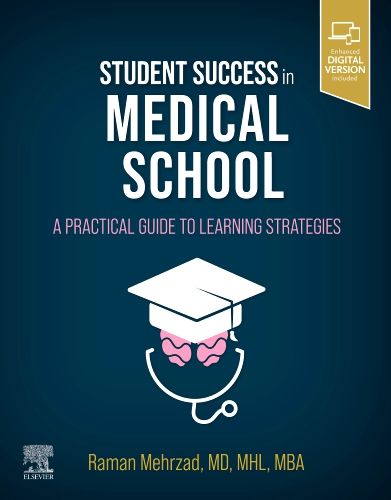Getting enough sleep is often overlooked, but it plays a vital role in your success as a student.
Quality rest not only boosts your ability to learn and remember new information, but also influences your mood, immune health, metabolic function, and overall well-being. In this post, we’ll explore the many ways sleep impacts your body and mind—and why prioritizing rest should be a key part of your study routine.
- Memory and learning : people who get more sleep learn and remember tasks better. Sleep helps the brain store memories more effectively.
- Mood: sleep deprivation can lead to impatience, poor focus, irritability and moodiness
- Immune System: a lack of sleep affects your immune system and can make you more susceptible to colds and infections
- General Health: sleep deprivation has been linked to many chronic health conditions such as high blood pressure, heart arrhythmias, and increased stress hormone levels.
- Metabolism: sleep helps to control your metabolism; those who do not sleep enough are at greater risk of gaining weight

Content adapted from Student Success in Medical School by Mehrzad, Raman, MD, MHL, MBA
Available in print and on ClinicalKey Student


Leave a Reply